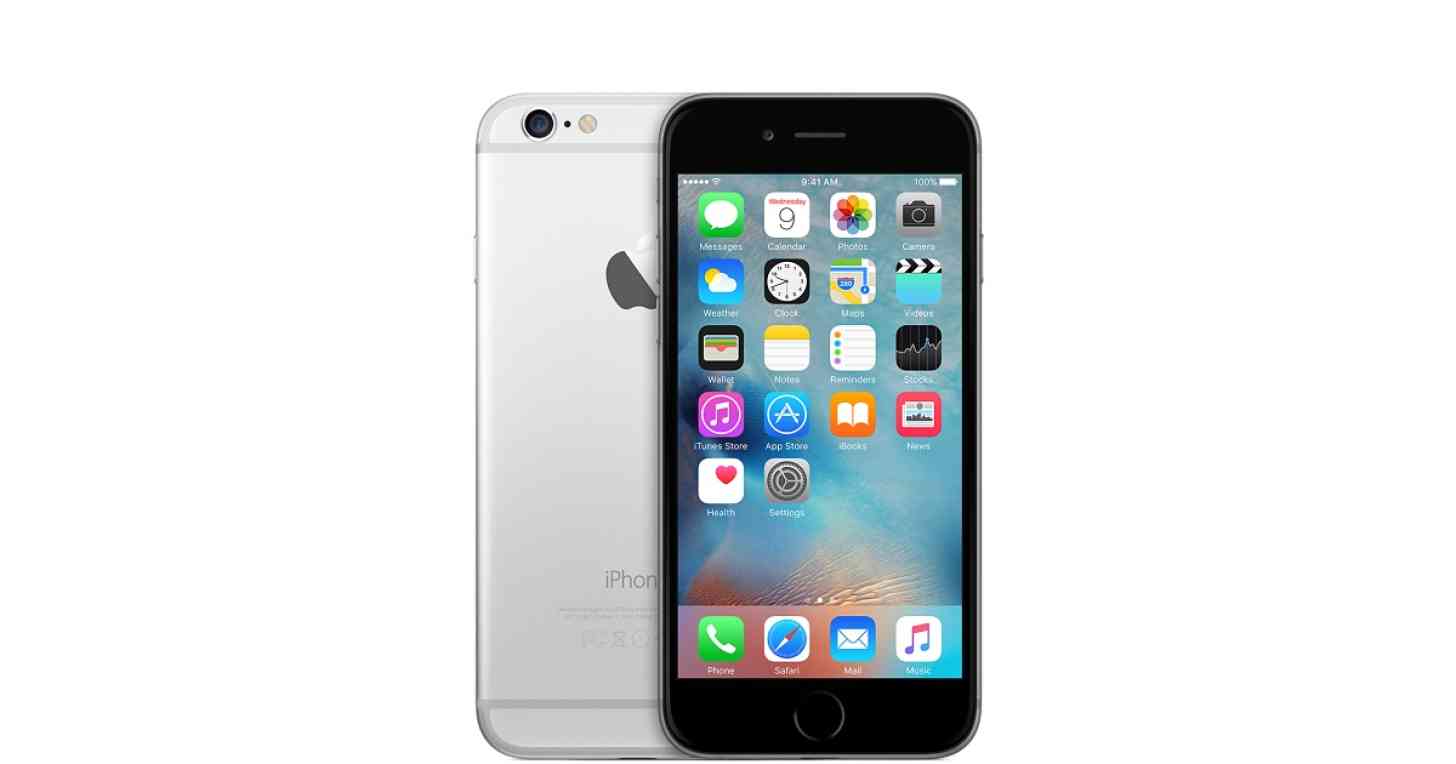
I’ve been going through a small personal crisis lately when it comes to buying smartphones. You see, since I’ve really started getting into phones, I’ve always been drawn towards the most popular brands. When Palm was cool, I went with Palm. When HTC was cool, I went with HTC. When I ventured into Windows Phone, I would only consider buying a Lumia. When Apple was cool (has it ever really been uncool?) I went with Apple. I went back to HTC when the company started making headlines again with the M7. Now I’m with Samsung using the Samsung Galaxy S7.
In the past, my gravitation towards popular brands felt justified; back in the day, you simply could not get a quality smartphone experience by being cheap – mostly because cheap smartphones primarily came in the form of Android, and Android was already a serious work in progress as it was even if you were fortunate enough to own a flagship. As for the iPhone, well… Apple didn’t even offer a “cheap” iPhone until recently, so that wasn’t even a thing.
So I’ve kind of held onto this belief of “You get what you pay for,” longer than I should have. I knew that cheaper options had been getting better, and I was really happy with the direction it had been heading. However, until my recent experiences with both the Nexus 5X and Huawei Honor 5X, I don’t think I truly understood how comparable they were. I actually have a decent case of buyer’s remorse going on right now because of how comparable I found these phones to be, and how much more I paid for the Galaxy S7.
Now, I’m not saying that the two $200-range smartphones are equal in performance to the S7. They’re not. But I do think they are certainly comparable, especially when you’re an “average” user like me. My S7 can be a very powerful device sometimes, but there is still the occasional hiccup and force close. The S7 has the ability to multitask better thanks to having double the RAM of the other two. Having the option to add extra storage with the microSD card slot is nice, which is something the Nexus 5X left out. The S7 features wireless charging, which both the Nexus and the Honor left out; Quick Charge is also an S7 feature, but the Honor 5X forewent anything resembling it (while the Nexus included something similar). The S7’s camera is probably the best camera I’ve ever used on a smartphone, and Samsung Pay is a nifty feature.
Overall, the S7 is more powerful and includes most features you could ever want in a smartphone. But is it really worth the extra $400-$500 dollars for those features? Perhaps. But I also think that people – myself included - are willing to pay more due to brand appeal.
And it works, too. First and foremost, there’s the social aspect of it. If somebody asks you what phone you’re carrying (at least here in the States) and you respond with “iPhone”, “Galaxy”, “Samsung”, or “Apple”, people nod their head in quiet approval. “HTC”, “LG”, “Motorola” (or Moto now, I guess) and even “Nokia” are also usually acceptable answers. But throw out a “Kyocera”, “BLU”, “ZTE”, “Meizu”, and my personal new favorite “Huawei”, you’ll probably get a “What?” or a “I’ve never heard of that before.” And then you repeat yourself and/or figure out a way to explain that there are actually more than five or six manufacturers out there without sounding like a total blockhead.
There’s also the fact that big name manufacturers have more money at their disposal for good (or in HTC’s case, bizarre yet memorable) marketing. People get attached to these brands that are advertised everywhere, subliminally or not, people get hyped and excited for these products, and that’s what they gravitate towards. They seem like good brands because they have an overwhelming presence here, and people are always talking about them.
I’ve never really been one to go out of my way often to discover smartphones that aren’t the mainstream ones. But after discovering how well these two less popular smartphones (among a sea of them) perform for less than half the price of the popular brand name smartphone I chose as my daily driver, I’ll be reconsidering my strategy in the future.
Readers, do you find that you’re more drawn to mainstream, popular smartphones? Or have you discovered a lesser-known brand that you prefer?